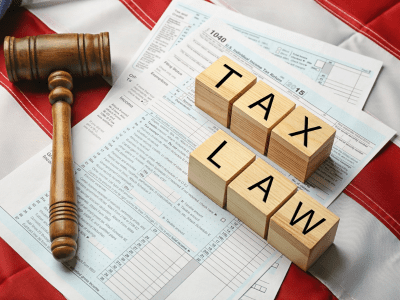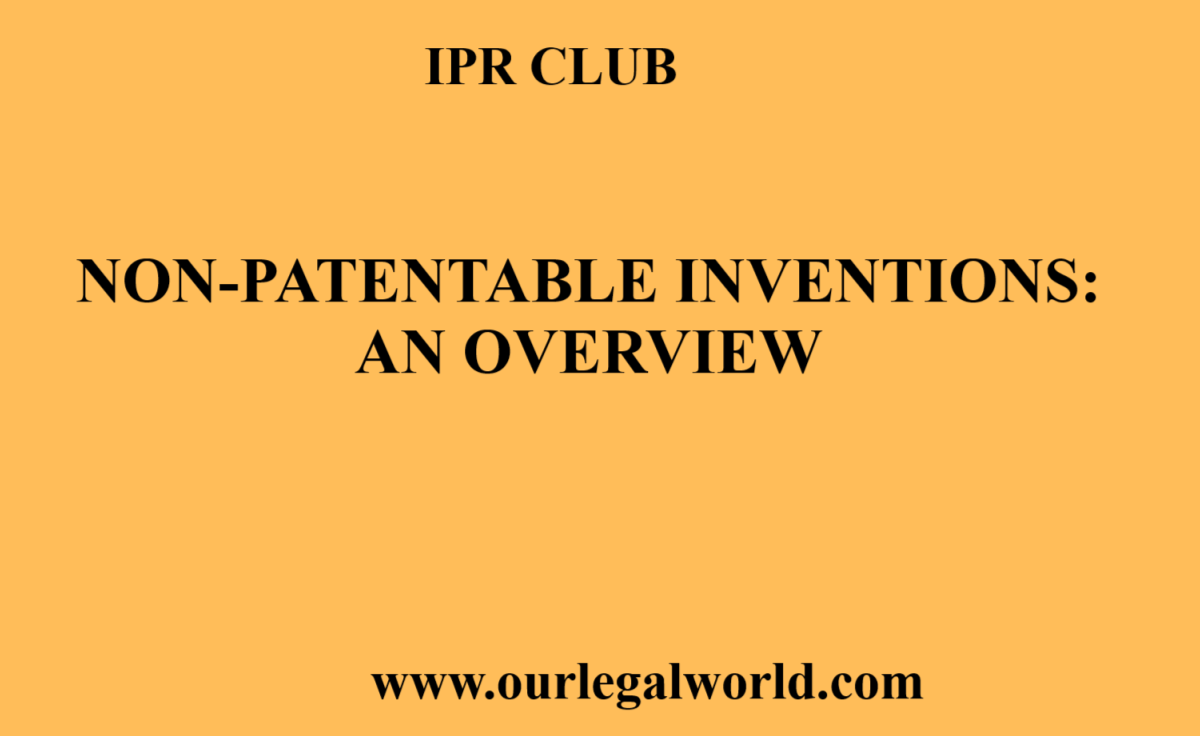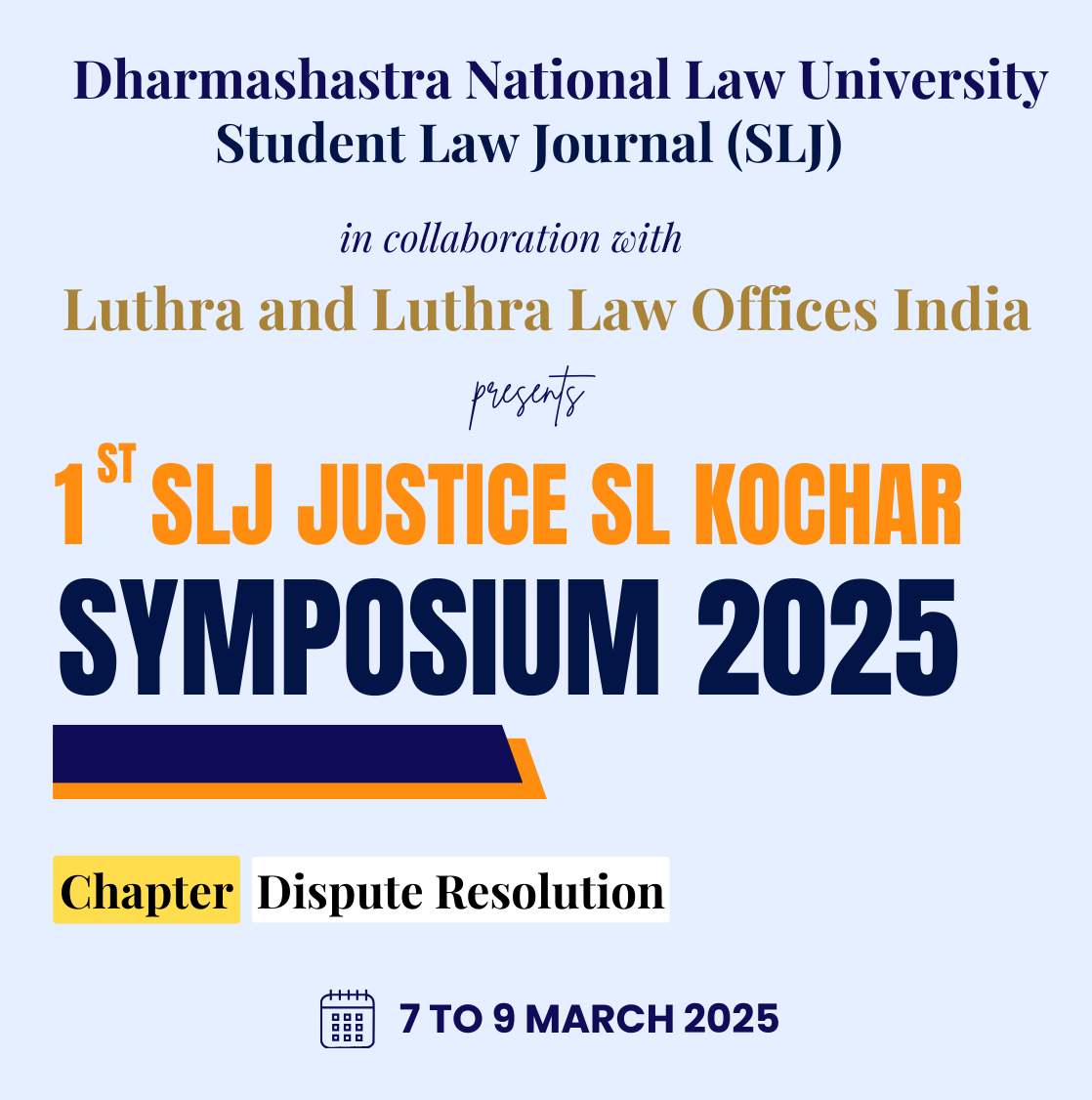Estoppel and Government Contracts Under Article 299
Article 299 of the Indian Constitution deals with contract read as:
(1) All contracts made in the exercise of the executive power of the Union or of a State shall be expressed to be made by the President, or by the Governor of the State, as the case may be, and all such contracts and all assurances of property made in the exercise of that power shall be executed on behalf of the President or the Governor by such persons and in such manner as he may direct or authorise.
Also Read: RELATIONS BETWEEN THE UNION AND THE STATES- A key for the development
In D.F.O v. Ram Sanehi Singh AIR 1973 SC 205 the court ruled that it was a well-established principle that id an official intended to pass any order to the prejudice of a party, involving civil consequence or attaching to pass any order to the party concerned should be told the case against him and he should be afforded a reasonable opportunity to represent his cases before the authority concerned. The Supreme Court had definitely laid down that a High Court in its extraordinary jurisdiction under Article 226 was empowered to enforce the equities arising in favour of the petitioner out of the representation amounting to a promise made by the government, and as a result of which the petitioner altered his position to his prejudice, even though a contract as envisaged by the relevant provisions had not come into existence. Here the writ was issued because cancellation unilaterally by the government of a contract with a private party raised questions of estoppel and natural justice.
Reference:
M.P Jain & S.N. Jain, Principles of Administrative Law



![Jamia Hamdard Mediation Competition 2025 at School of Law, HILSR [21st February 2025]](https://ourlegalworld.com/wp-content/uploads/2024/12/Screenshot-11-min-1.png)



